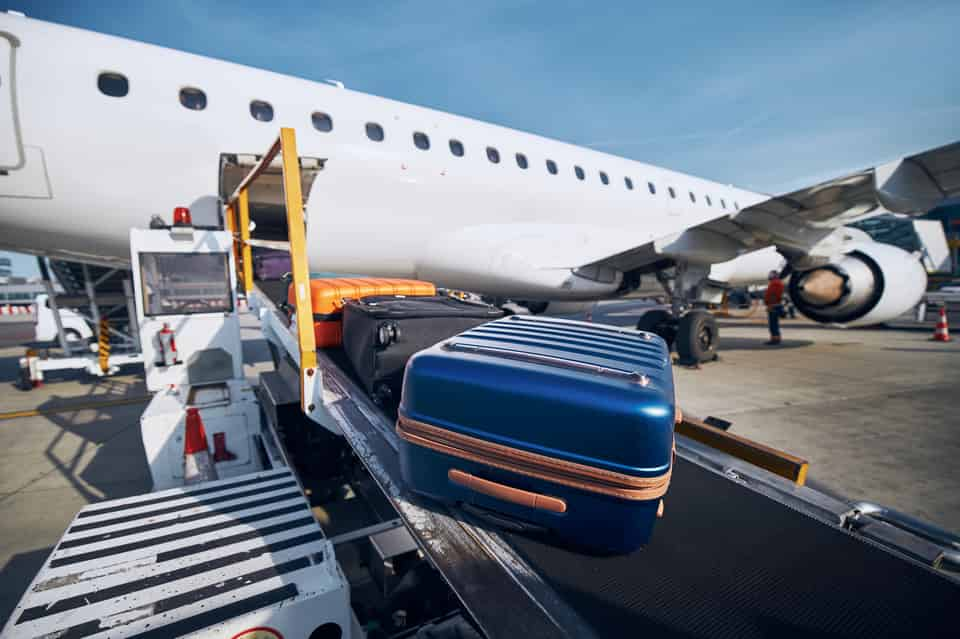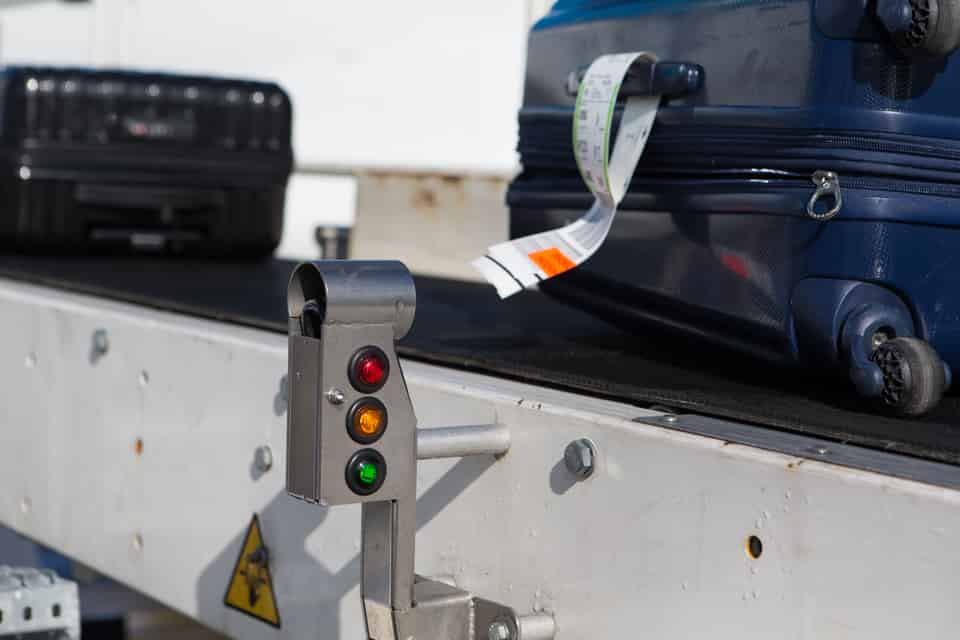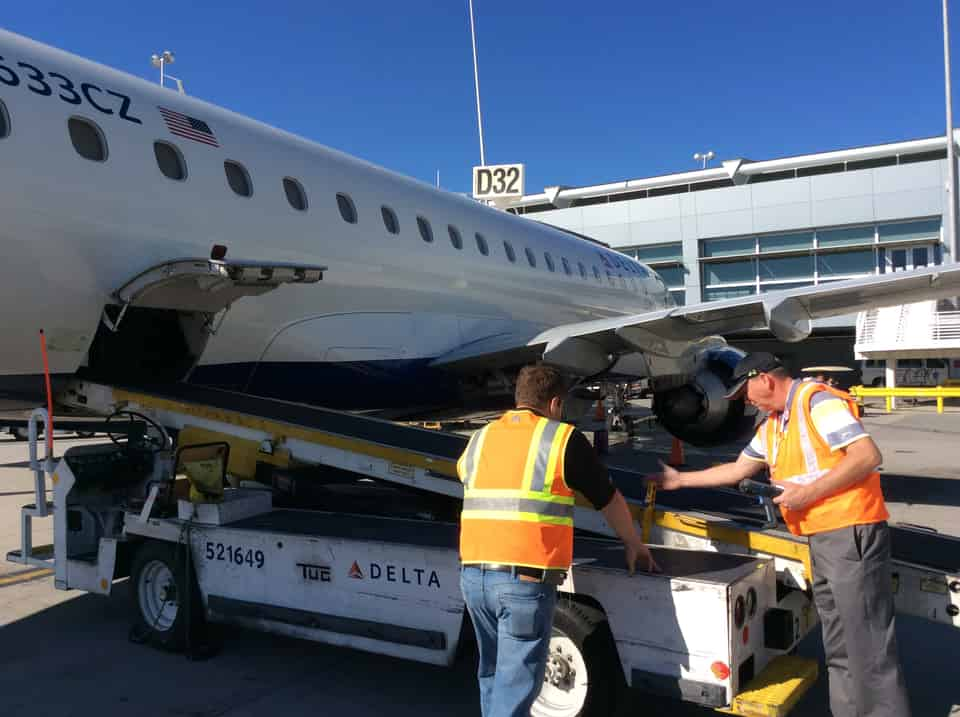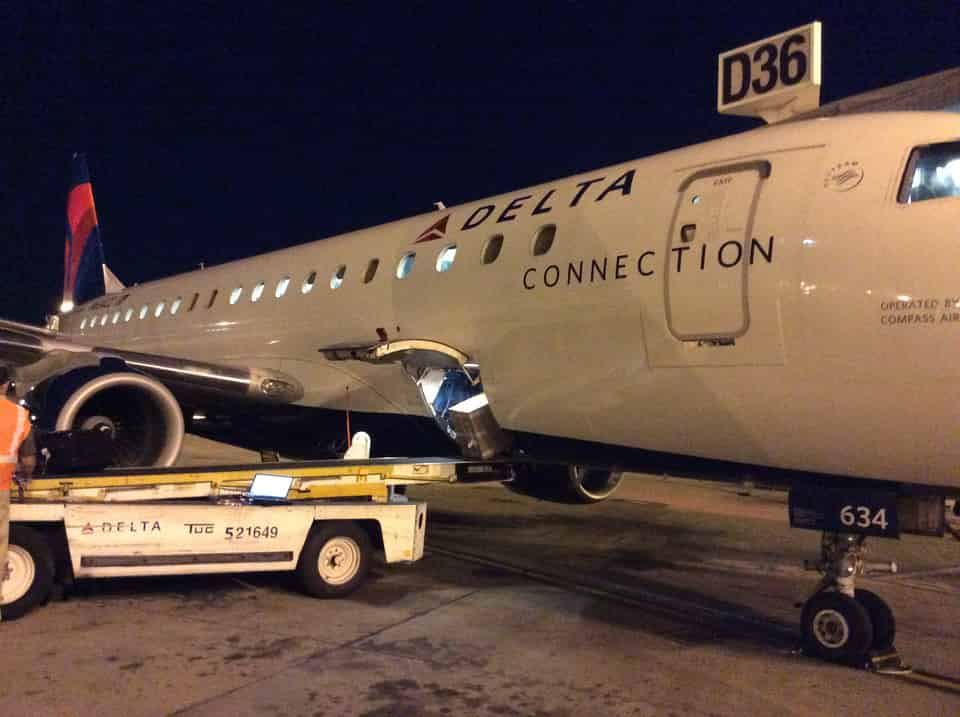RFID Solutions for Airports & Airlines Logistics
Discover how RFID implementation can reduce mishandling rates by 25%, leading to stress relief for passengers and substantial savings for airlines and airports. Experience a seamless digital journey with real-time baggage tracking data. Stay ahead of the competition and comply with IATA resolution 753.
Increase your baggage handling capacity
Lyngsoe Systems helps airports solve their growing capacity issue by introducing RFID scanning in the baggage handling process. Globally, passenger numbers are expected to double within the next 15 years, so airports are under extreme pressure for expanding their capacity. They can either expand the BHS with new conveyors or introduce new scanning technology with better read rates. RFID has proven read rates of over 99% in baggage handling and is the most reliable and cost-effective technology to increase capacity and improve the baggage handling process.


“Lyngsoe Systems has developed numerous RFID baggage tracking systems and successfully installed these solutions in airports around the world. These RFID systems have helped IATA members improve their baggage handling operations, reduce mishandling of baggage, as well as ensuring compliance to IATA Resolution 753”
Andrew Price
Head of Global Baggage Operations, IATA
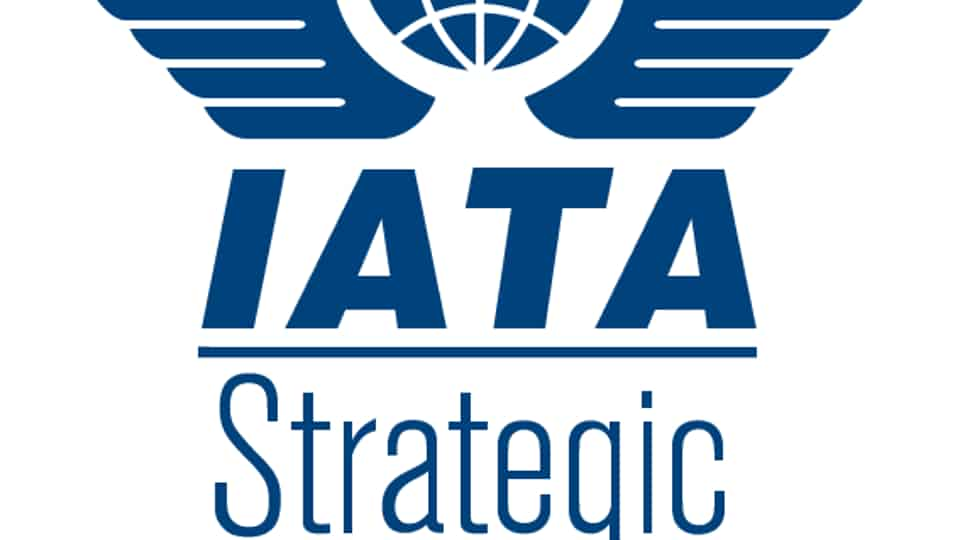
Discover our airport & airline solutions
Baggage Handling Operations
RFID has significantly impacted visibility, increased capacity and reduced mishandling of baggage for multiple airlines around the world.
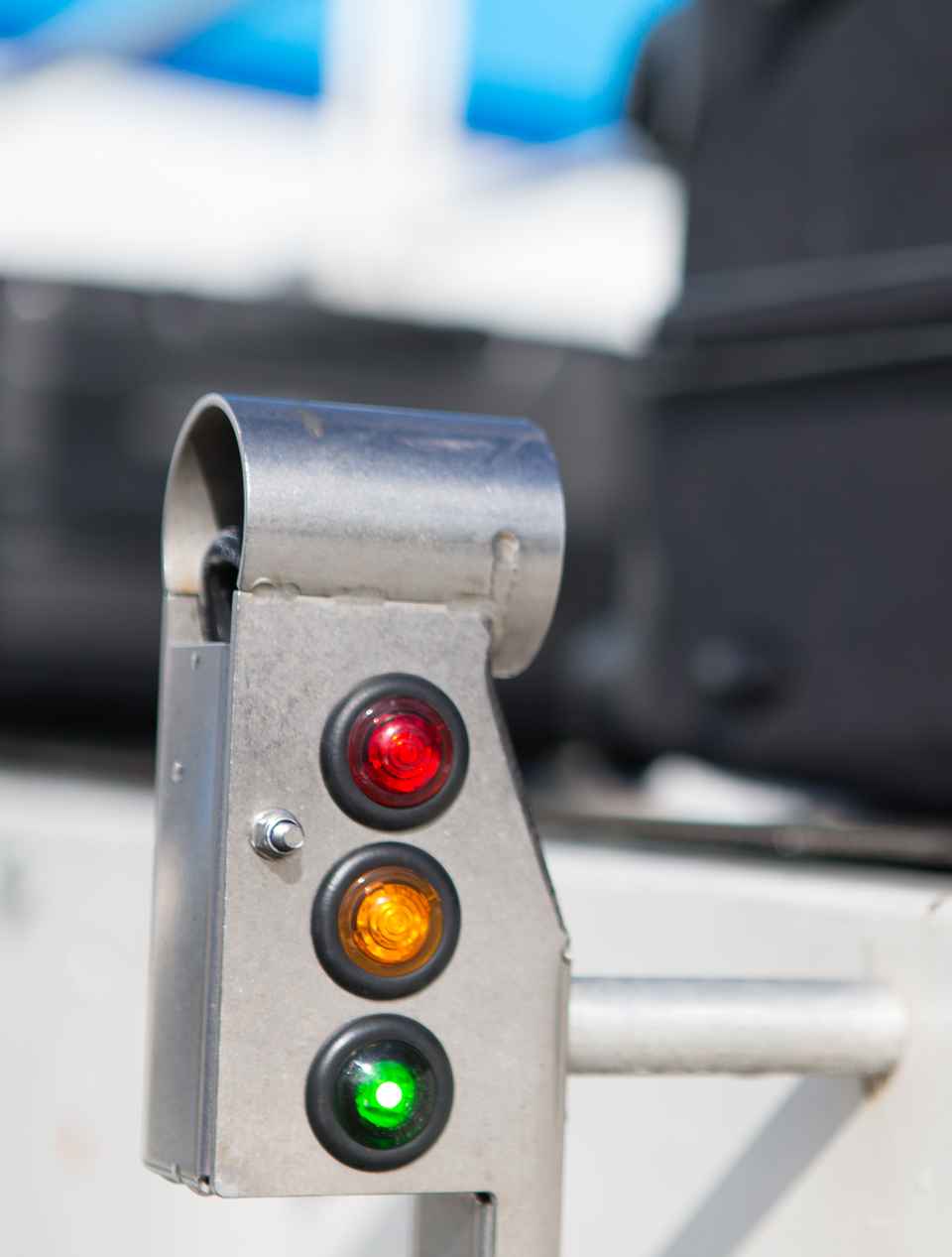
Explore our Case Stories
Learn from our current and previous customers and be inspired on how we can help you optimize your baggage handling.
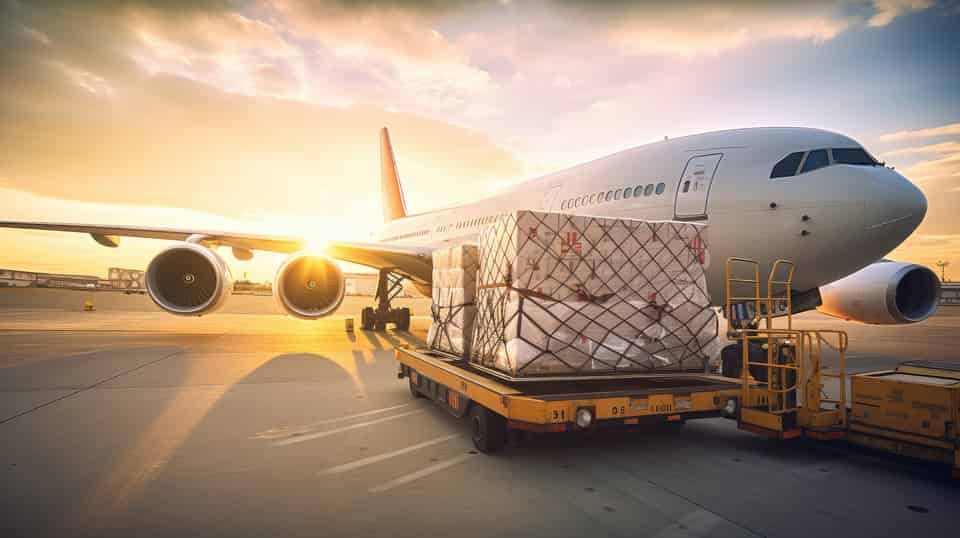
Travel Through our Articles
Take flight and discover our contemporary topics on everything within track and trace technology.
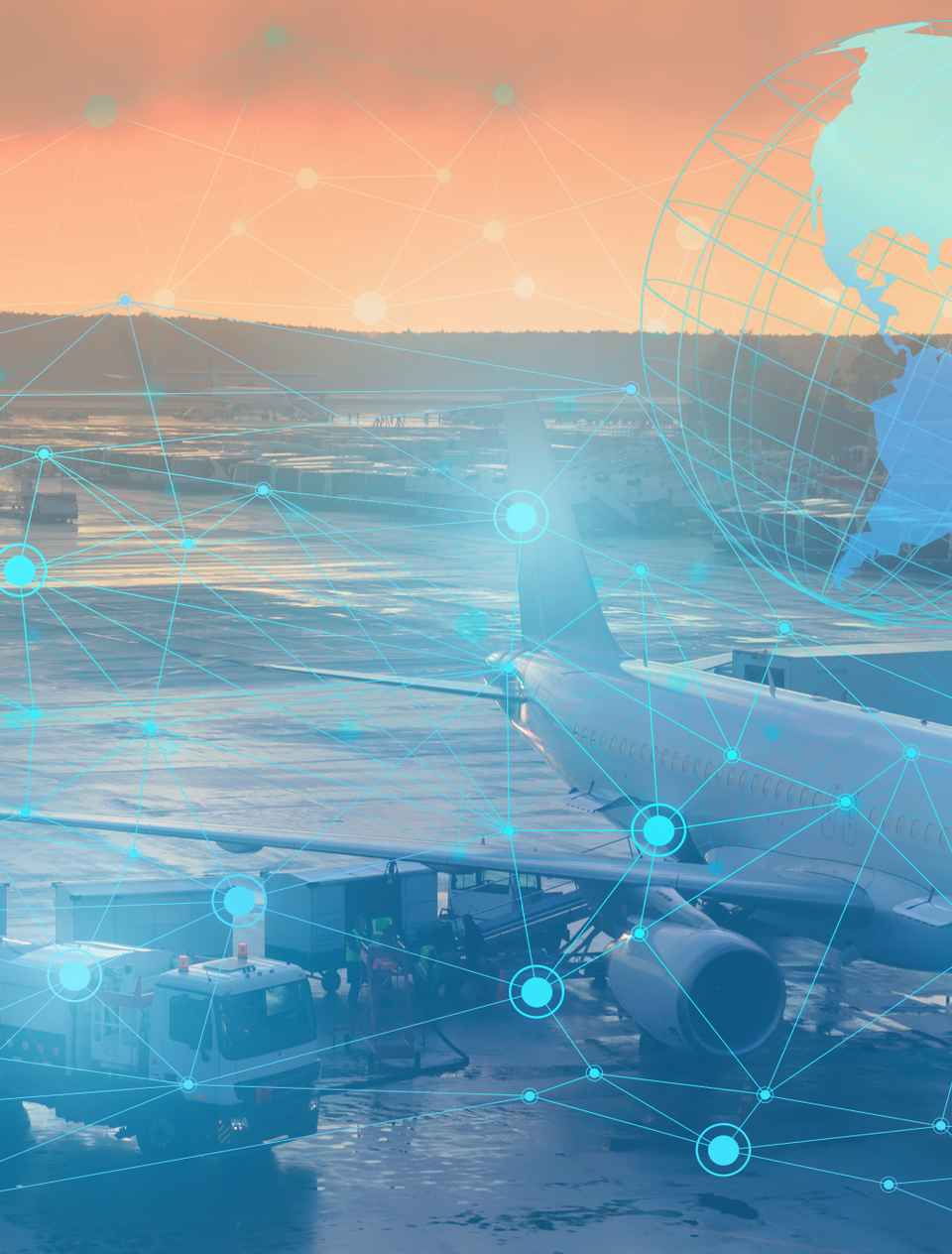
Staying ahead of the competition
Delta Airlines was the first airline to take the step into full RFID implementation for baggage handling, and it is no longer a matter of whether to go for RFID or not, but a matter of when. Airlines waiting too long will fall behind in the race to provide increased passenger services, better baggage handling, improved security, and operate at lower costs.
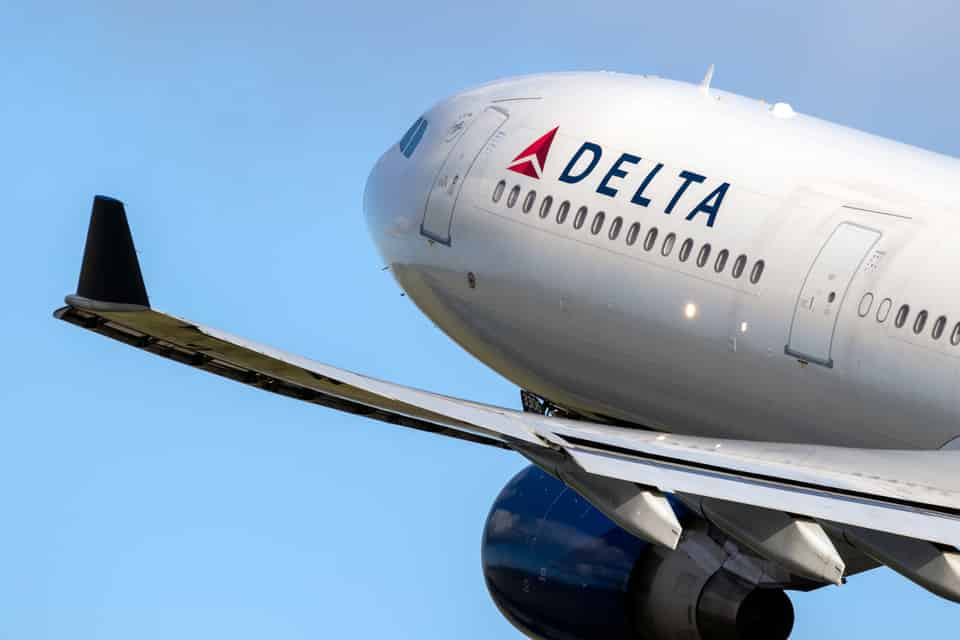
Optimize your load time
Talk with our teams of experts and let us help you optimize your load time
Everything Within Airports & Airlines
RFID vs. BLE: competition or collaboration
Greater than the sum of their parts, RFID and BLE technologies become an unstoppable force when combined to support a diverse range of sectors. Learn more now.
Intelligent logistics in real-time
For years, the worldwide adoption of asset tracking solutions has increased throughout healthcare, supply chains, and retail sectors. We help organizations seize the opportunities that tracking solutions bring.
Keep Track of Inventory and Assets With Passive RFID Tracking
Passive RFID helps you gain real-time traceability and visibility. Learn more about our passive RFID tracking solutions at Lyngsoe Systems.
